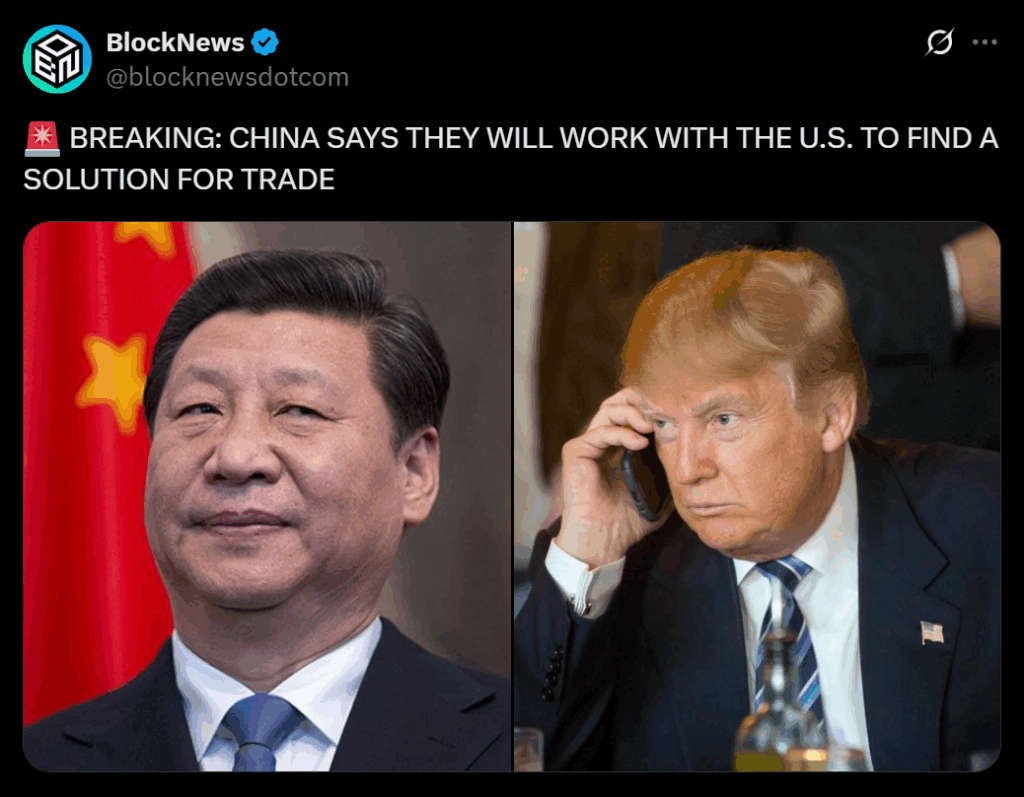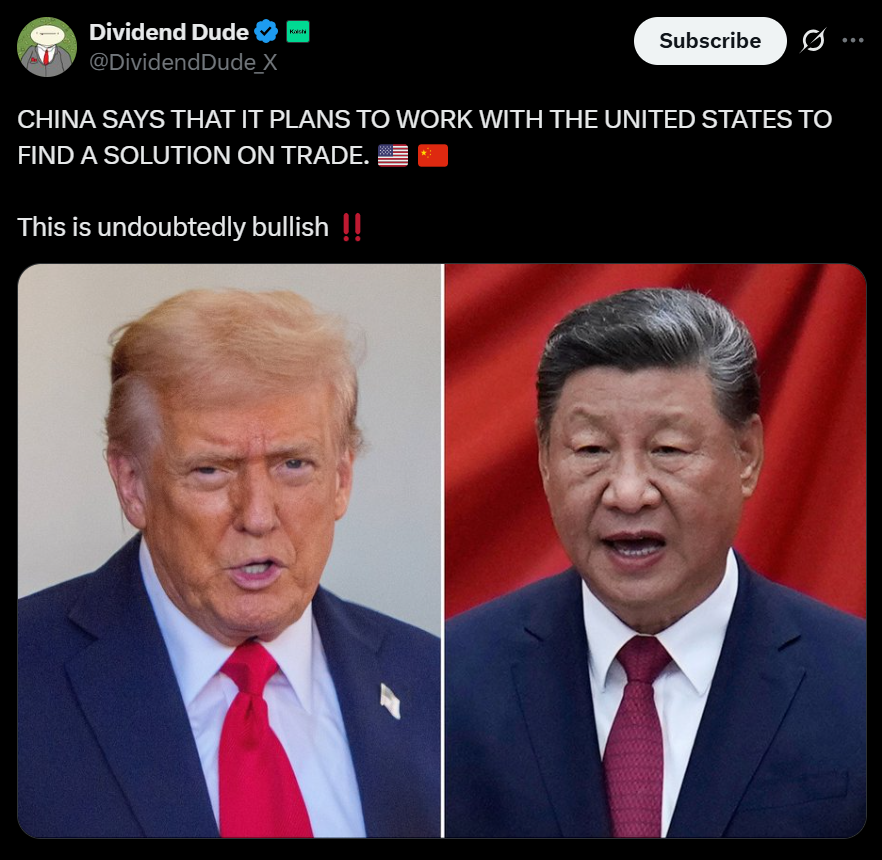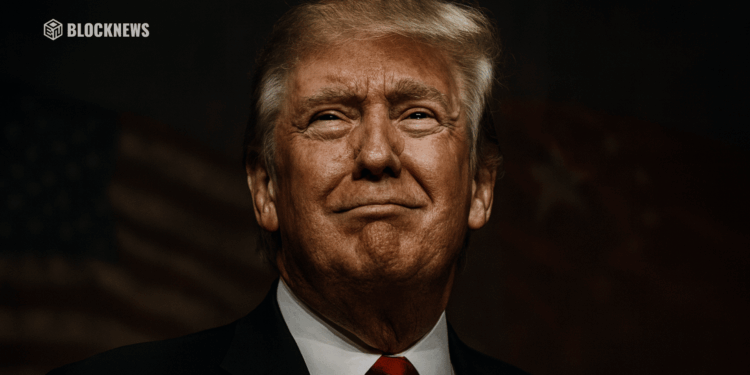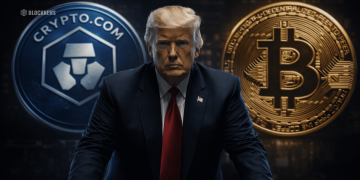- China accuses the U.S. of exaggerating its rare earth export controls to “create panic.”
- Trump threatens 100% tariffs as both nations prepare for a late-October summit.
- Washington eyes industrial policy tools and domestic supply chain buildup as a counter to China’s dominance.
China’s Ministry of Commerce accused the United States of “deliberately creating panic” over Beijing’s recent rare earth export controls, but also said it remains open to trade negotiations aimed at cooling tensions. The remarks came Thursday from spokesperson He Yongqian, who criticized Washington for exaggerating the implications of China’s measures and “projecting its own behavior onto others.”

Rare Earths at the Center of U.S.–China Tensions
The dispute erupted after Beijing announced sweeping new restrictions on rare earth exports, a move that triggered sharp market reactions and fears of supply chain disruption. President Donald Trump responded by threatening to impose 100% tariffs on Chinese imports starting November 1, reigniting concerns about a trade war between the world’s two largest economies.
Rare earth minerals are essential for both military technology and high-end manufacturing, powering everything from F-35 fighter jets and Tomahawk missiles to electric vehicles and semiconductors. China currently dominates global production and refining, leaving the U.S. heavily reliant on imports. In response, the Trump administration has accelerated efforts to establish a domestic rare earth supply chain, including a Department of Defense deal with MP Materials to ensure price stability and production continuity.
Beijing Defends Export Restrictions, Calls Out U.S.
China defended its export limits as a national security measure meant to prevent the misuse of rare earths in weapons systems. The Commerce Ministry also pointed to U.S. sanctions and technology export bans targeting Chinese firms as examples of Washington’s “double standards.” Meanwhile, U.S. Trade Representative Jamieson Greer told CNBC that China is “trying to control the world’s technology supply chains,” adding that whether tariffs take effect depends on Beijing’s next move.
Despite the fiery rhetoric, both sides have confirmed that Trump and Xi Jinping remain on track to meet later this month in South Korea, a summit viewed as a crucial test of whether diplomatic dialogue can defuse the escalating trade standoff.

The U.S. Eyes Industrial Policy as a Countermeasure
Treasury Secretary Scott Bessent signaled that Washington is prepared to respond with an expanded industrial policy, including government equity stakes and price floors in key sectors to counter what he described as China’s “nonmarket practices.” “We have to be self-sufficient—or sufficient with our allies,” Bessent said during CNBC’s Invest in America forum.
Analysts note that this renewed strategic focus on resource independence could reshape global industrial policy, potentially redrawing supply chains for critical materials. For now, the spotlight remains on the upcoming Trump–Xi talks — and whether both sides can find common ground before the tariff clock runs out.














